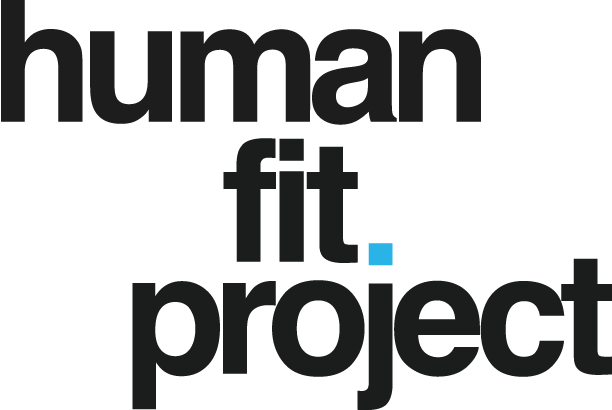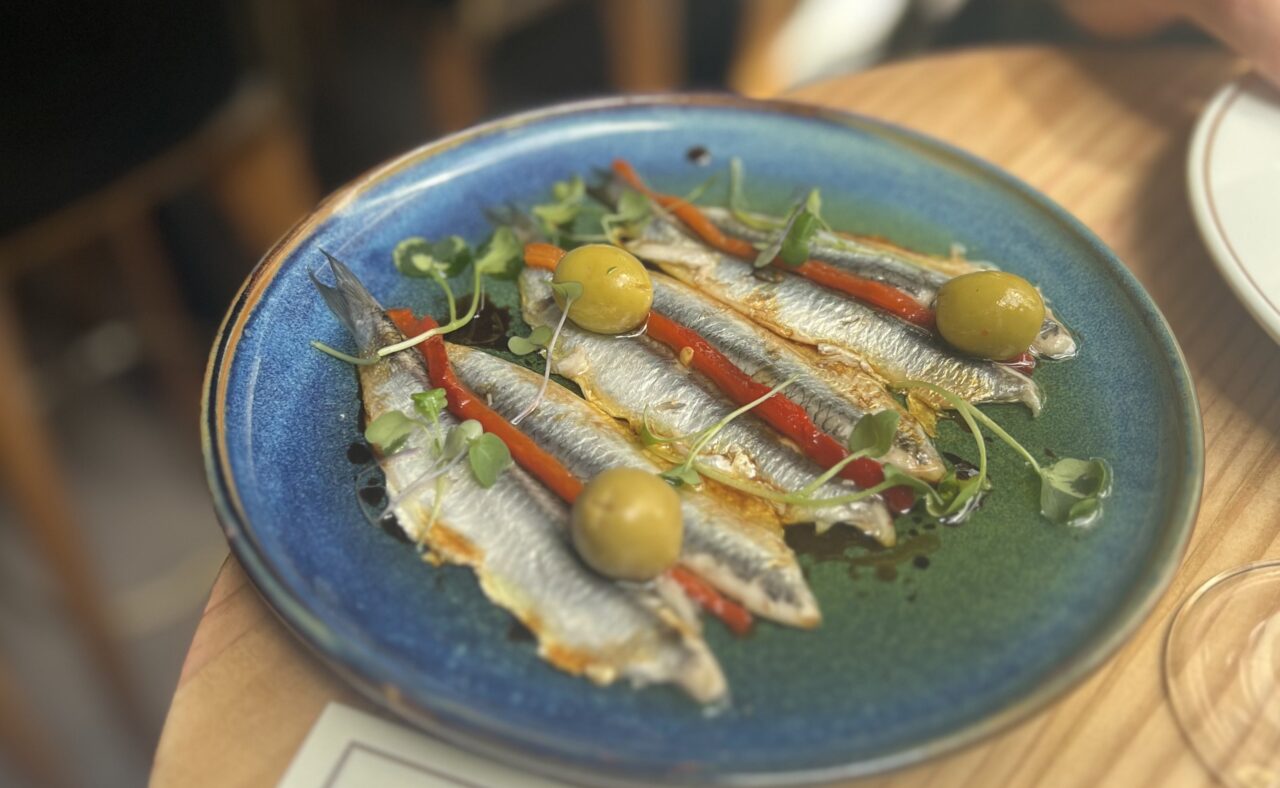Eating healthier becomes even more important as we age due to potential changes in our bodies and lifestyle. While it’s essential for everyone to maintain a balanced and nutritious diet, people over 40 may need to make some adjustments to their eating habits. Here, we’ll explore some of the reasons why dietary changes may be necessary as we age and provide tips for adapting your nutrition over 40 to support better health and performance.
You may like: The Over-40 workout plan to build lean muscle
You may also like: The Over-50 workout plan to stay strong and flexible
Potential Metabolic Changes
Though there isn’t definitive evidence that metabolism slows down as we age, it’s possible that changes in lifestyle and activity levels can contribute to a decrease in metabolic rate. Nutrition over 40 should account for the potential of a slower metabolism. This means your body may require fewer calories to maintain weight, so it’s essential to monitor your calorie intake and adjust accordingly to prevent unwanted weight gain.
Tip: Consider tracking your calorie intake and adjust portion sizes based on your activity levels and weight management goals.
Related: 6 steps for starting a new diet that works for you
Hormonal Changes
As we age, hormonal changes may impact our health and well-being, particularly the decline in testosterone levels in men. Lower testosterone levels can lead to reduced muscle mass, decreased bone density, and increased body fat. Women also experience hormonal changes as they age, such as the decrease in estrogen during menopause, which can affect bone health and body composition. It’s essential to maintain a balanced diet and stay active to help counteract these hormonal shifts.
Tip: Incorporate foods that promote hormonal balance into your diet, such as healthy fats (avocado, olive oil, nuts, and seeds), lean proteins, and antioxidant-rich fruits and vegetables. Engaging in regular physical activity, including strength training, can also help maintain muscle mass, bone density, and overall health during hormonal changes.
Muscle Mass Preservation
As we age, the potential for losing muscle mass increases. When you’re looking at your nutrition over 40, ensuring adequate protein intake can help preserve muscle mass and support overall health. Research suggests that older adults may require more protein than their younger counterparts to maintain and build muscle mass.
Tip: Aim for a daily protein intake of 1.2-1.5 grams per kilogram of body weight, and include high-quality protein sources like lean meats, fish, eggs, dairy, and plant-based options like beans and lentils.
Related: The 25 best foods for building lean muscle
Bone Health
The risk of developing osteoporosis increases with age, particularly for women after menopause, but also for men. Adequate calcium and vitamin D intake are crucial for maintaining bone health and reducing the risk of fractures.
Tip: Incorporate calcium-rich foods like dairy products, leafy greens, and fortified foods into your diet. Aim for 1,000-1,200 mg of calcium per day, and consider a vitamin D supplement to support calcium absorption.
Heart Health
The risk of cardiovascular disease increases as we age. To support heart health, it’s essential to prioritize a diet rich in fruits, vegetables, whole grains, lean proteins, and healthy fats while limiting saturated fats, trans fats, and added sugars.
Tip: Opt for heart-healthy fats like those found in avocados, nuts, seeds, and fatty fish like salmon and sardines. Also, consider adding more fiber-rich foods to your diet to help lower cholesterol levels and maintain a healthy weight.
Hydration
Staying hydrated is vital for overall health, and it’s essential to drink enough water throughout the day. As we age, our sense of thirst may not be as strong, making it even more important to pay attention to our fluid intake.
Tip: Aim for at least 8-10 glasses of water per day, and consider consuming water-rich foods like fruits, vegetables, and soups to help maintain proper hydration.
Don’t forget to follow us on social media: Instagram, Facebook, and Twitter.
Got a question or feedback? Hit up Mike on Instagram, Facebook, and Twitter.
Be first to know about our latest content drops! Sign up for our monthly newsletter.

